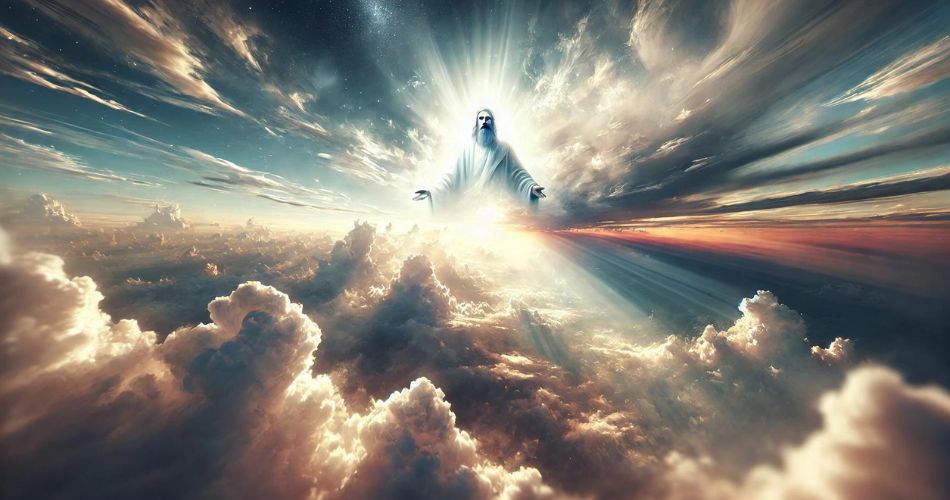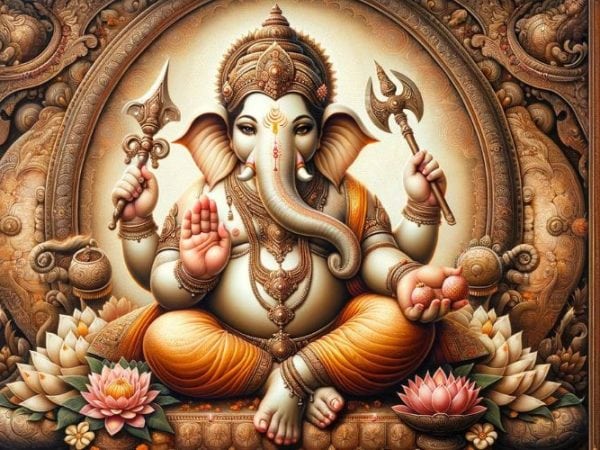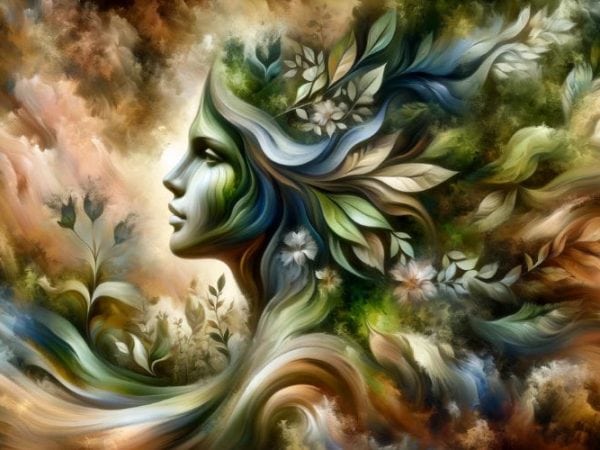Briefly
Historically, God has been the ultimate symbol of omnipotence, omniscience, and omnibenevolence. The depiction of God in various forms represents divine knowledge, authority, and moral perfection. In monotheistic religions such as Christianity, Islam, and Judaism, God is depicted as the Supreme Being who created and governs the universe, while in Hinduism, God is symbolized through various deities, each embodying a specific characteristic.
- Symbolism: Omnipotence, Omniscience, Omnibenevolence, Divine Authority, Moral Perfection.
God in Dreams
Psychologically, dreaming of God often signifies a search for authority, guidance, or reassurance. God’s figure in a dream can symbolize one’s personal beliefs or moral compass, reflecting a desire for validation or a fear of judgement. It could also indicate a quest for spiritual enlightenment. Interpreting such dreams may require an analysis of the dreamer’s personal and spiritual beliefs and experiences.
- Symbolism: Authority, Guidance, Moral compass, Search for spiritual enlightenment.
- See also our Free Dream Interpretation Tool.
God in Myths and Folklore
In myths and folklore, God is often portrayed as an omnipotent and omniscient entity. In Greek mythology, Zeus is regarded as the king of the gods and the ruler of Mount Olympus, representing the sky and thunder. Hindu mythology features a trinity of gods: Brahma, the creator; Vishnu, the preserver; and Shiva, the destroyer. In Norse mythology, Odin is considered the Allfather, the highest of the gods, symbolizing wisdom, healing, and magic.
Each culture’s folklore has a unique depiction of God, often representing the society’s moral codes, cultural values, and existential beliefs. These stories usually serve an educative purpose, teaching societal norms and expectations through divine tales and moral fables.
- Symbolism: Omnipotence, Omniscience, Cultural values, Societal norms, Moral codes.
God Spiritual Meanings
Spiritually, God symbolizes the ultimate source of life, the origin of all creation, and the eternal truth. God is often associated with divine love, compassion, and benevolence, reflecting the higher virtues of humanity. The pursuit of God in a spiritual context signifies a quest for inner peace, wisdom, and enlightenment, transcending the mundane and reaching the divine.
- Symbolism: Source of life, Divine love, Inner peace, Wisdom, Enlightenment.
God Tattoo Meaning
A tattoo of God often signifies strong religious beliefs or a deep personal connection to spiritual values. It can reflect the wearer’s faith, hope, or personal journey towards enlightenment. The depiction of God in a tattoo can range from a simple cross to intricate designs of deities, each bearing a unique symbolic meaning related to the wearer’s personal beliefs or life experiences.
- Symbolism: Faith, Hope, Personal spiritual journey, Unique personal beliefs.

Reviewed by Alexander Lys, M.L., a specialist in the field of symbolism research and dream psychology. A certified participant in numerous psychological seminars and courses, the author of hundreds of articles on psychology, including studies on symbolism in dreams and myths from a scientific perspective.


